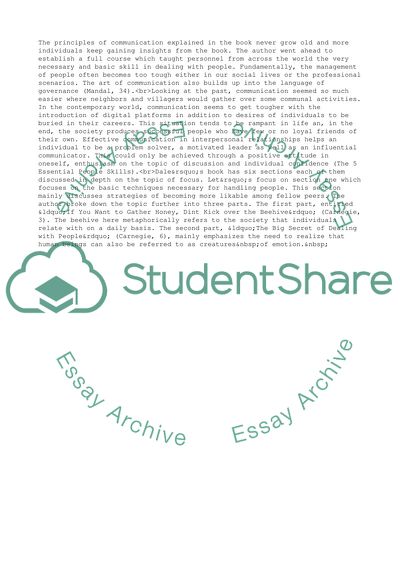Cite this document
(“How to Win Friends and Influence People Book Report/Review”, n.d.)
How to Win Friends and Influence People Book Report/Review. Retrieved from https://studentshare.org/management/1842787-the-review-of-how-to-win-friends-influence-people
How to Win Friends and Influence People Book Report/Review. Retrieved from https://studentshare.org/management/1842787-the-review-of-how-to-win-friends-influence-people
(How to Win Friends and Influence People Book Report/Review)
How to Win Friends and Influence People Book Report/Review. https://studentshare.org/management/1842787-the-review-of-how-to-win-friends-influence-people.
How to Win Friends and Influence People Book Report/Review. https://studentshare.org/management/1842787-the-review-of-how-to-win-friends-influence-people.
“How to Win Friends and Influence People Book Report/Review”, n.d. https://studentshare.org/management/1842787-the-review-of-how-to-win-friends-influence-people.


